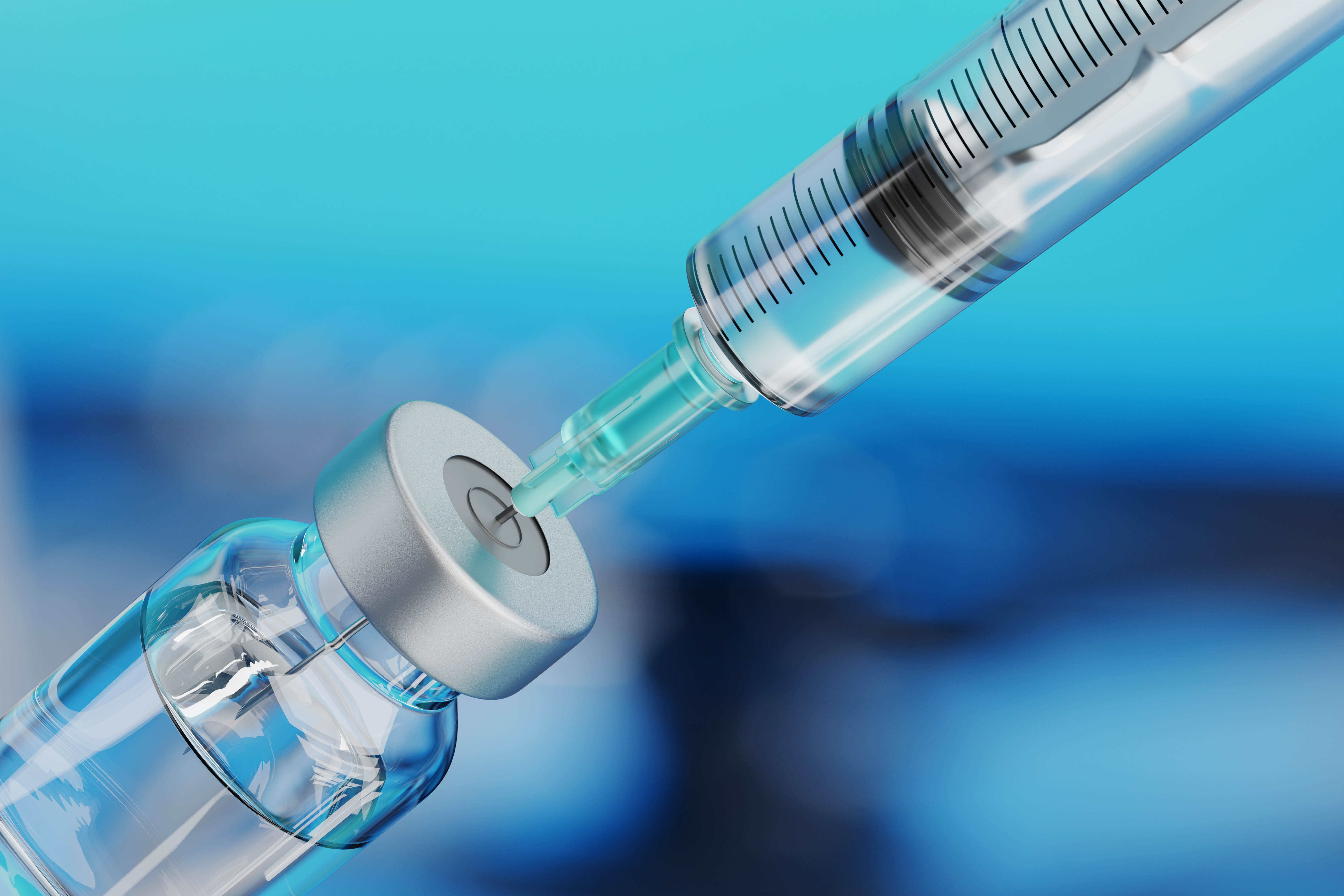Every country needs a strong, well-established, and well-functioning regulatory system to ensure that any medical product released for public distribution has undergone a stringent evaluation process and met the international standards of quality, safety, and efficacy. In Indonesia, the Indonesian Food and Drug Authority (Badan Pengawas Obat dan Makanan, or Badan POM) plays a key role as a regulatory gatekeeper of medicines and vaccines used in the country.
Supporting countries in strengthening their regulatory systems is part of WHO’s role that is mandated by the WHO constitution and elaborated in various World Health Assembly (WHA) resolutions. Regulatory systems are an essential component of health systems that need to be evaluated periodically using the WHO Global Benchmarking Tool (GBT). The GBT is the primary tool for classifying regulatory systems according to maturity level. It provides a structured approach to assessing how well a regulatory system is configured to achieve desired outcomes.

Caption: Dr Alireza Broojerdi from WHO gave an explanation about the standard approach for vaccine regulatory system assessment using WHO NRA Global Benchmarking Tools. Photo credit: Badan POM
In 2018, WHO completed the assessment of Indonesia’s vaccine regulatory system using WHO National Regulatory Authority (NRA) GBT. Several aspects of the vaccine regulatory environment were assessed against GBT standards, such as Indonesia’s regulatory system, permit registration and distribution, pharmacovigilance, control of circulating drugs, granting of permits for drug production and distribution facilities, inspections, access to laboratories and testing, clinical tests, and lot release of vaccines. As a result, Badan POM’s regulatory system achieved an overall maturity level 3 classification and was included in the transitional WHO-Listed Authority (WLA). This transitional status also qualifies Badan POM to be considered for a full WLA evaluation in the future.
On 28-29 March 2022, WHO and Badan POM conducted a review exercise to initiate an Institutional Development Plan (IDP) aiming to progress for a re-evaluation of NRA within the next 3-5 years. Both WHO and Badan POM have agreed on a set of actions that will enhance the legal provisions and regulations to enable effective regulatory oversight of medical products in Indonesia.

Caption: Deputy for Control of Drugs, Narcotics, Psychotropics, Precursors and Addictive Substances of Badan POM Indonesia, Dra Rr. Maya Gustina Andarini, Apt., M.Sc., delivered opening remarks during the follow-up visit. Photo credit: Badan POM.
During the follow-up visit, it was concluded that not only has Badan POM maintained the required standards of performance of NRA ML3, but it has also strengthened the vaccine regulatory system in Indonesia during the COVID-19 pandemic. There were only a couple of areas in need of further strengthening: pharmacovigilance and active reportage of adverse events and side effects following immunisation. In addition, a move to consider GBT for pharmaceutical product regulations was also proposed.
The IDP follow-up visit was in line with WHO’s vision to assist Member States in accelerating the progress towards universal health coverage (UHC). WHO will continue to provide our support to Badan POM in terms of strengthening the national regulatory system, including on the upcoming re-benchmarking in 2023.
Further details on WHO GBT and WLA laboratories can be accessed on www.who.int/initiatives/who-listed-authority-reg-authorities.

Photo credit: Kuzmik_A/Getty Images
